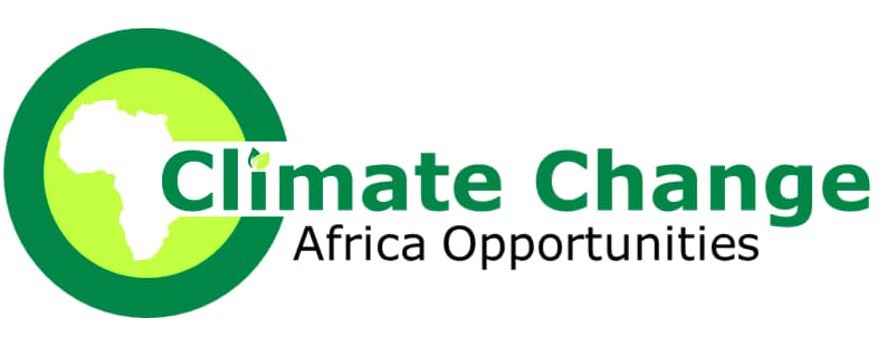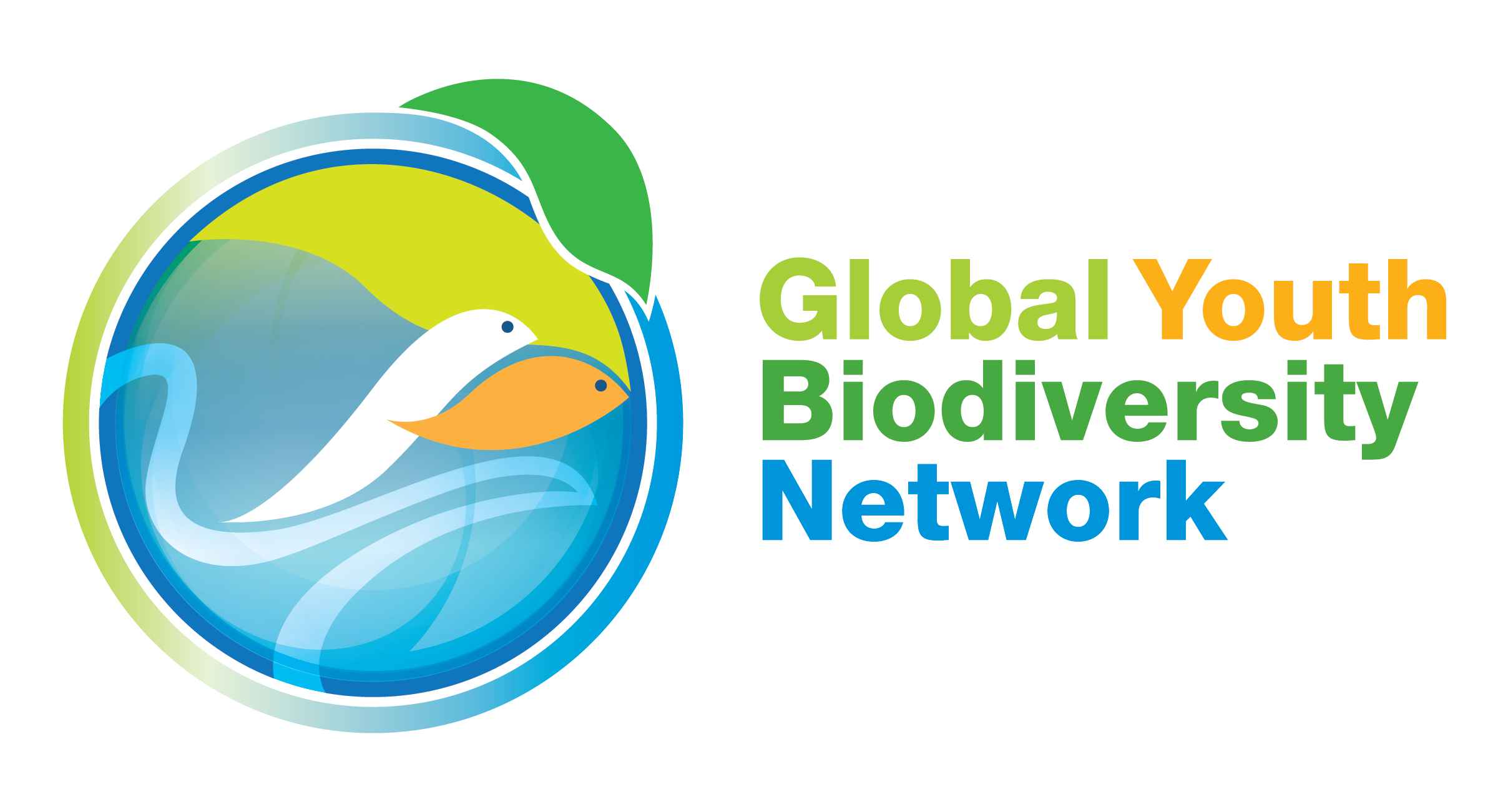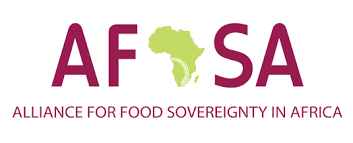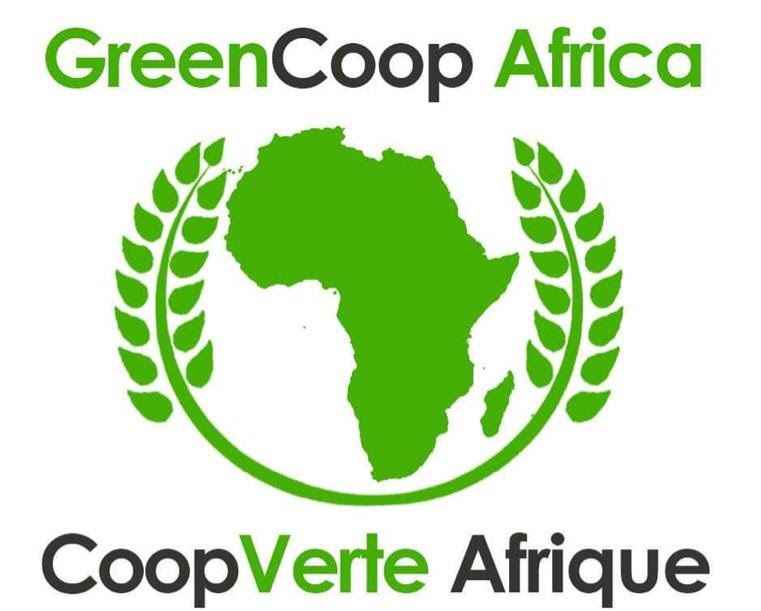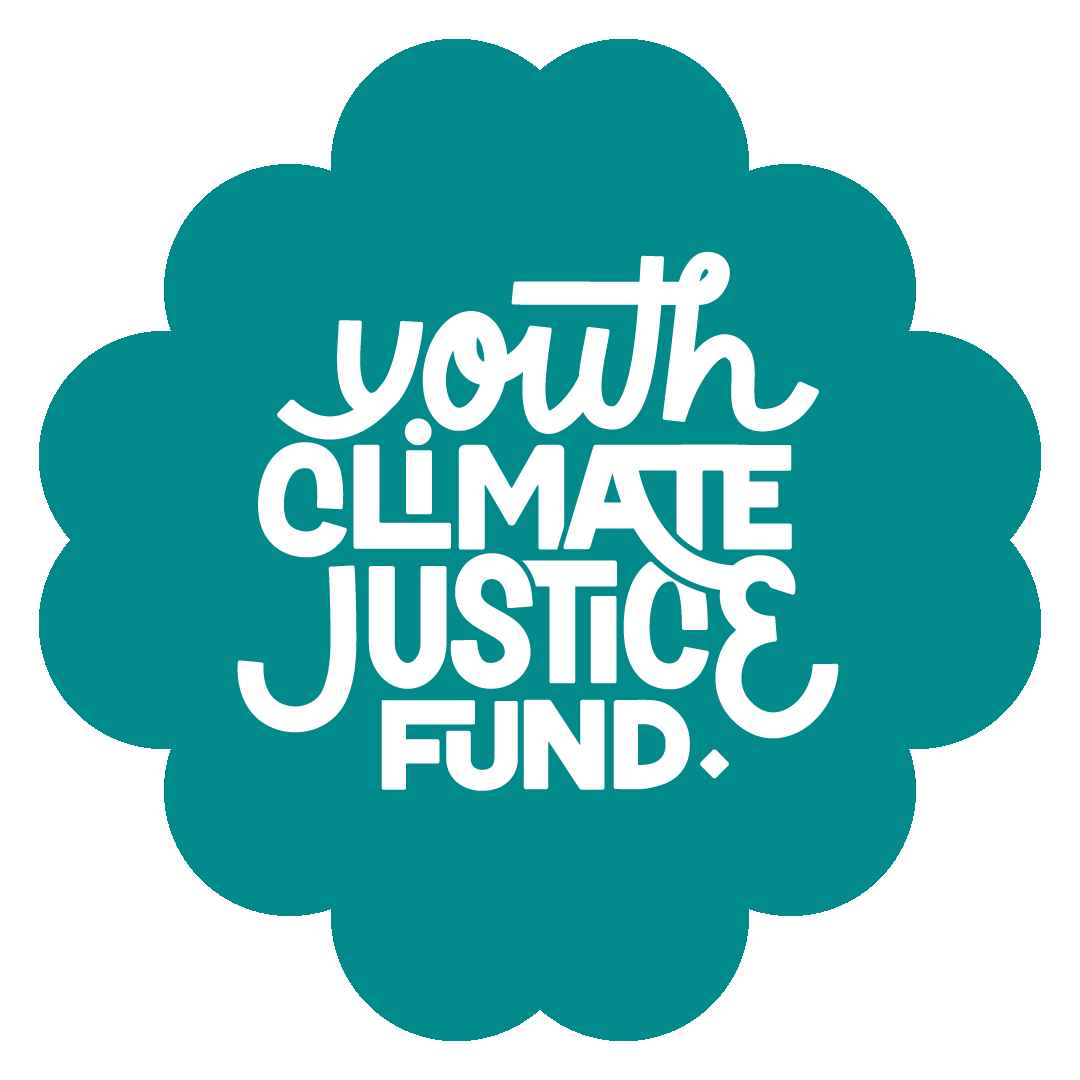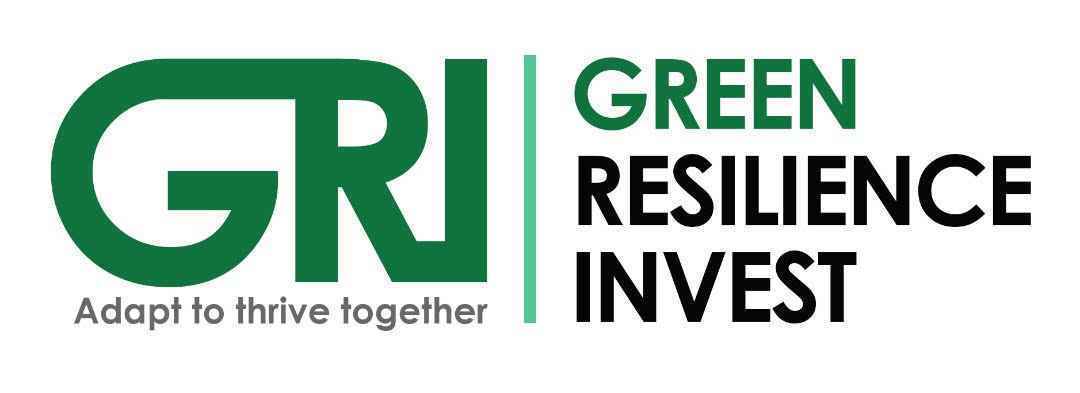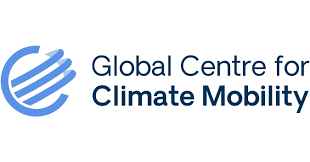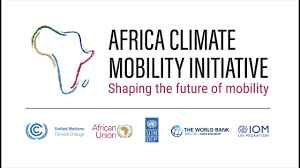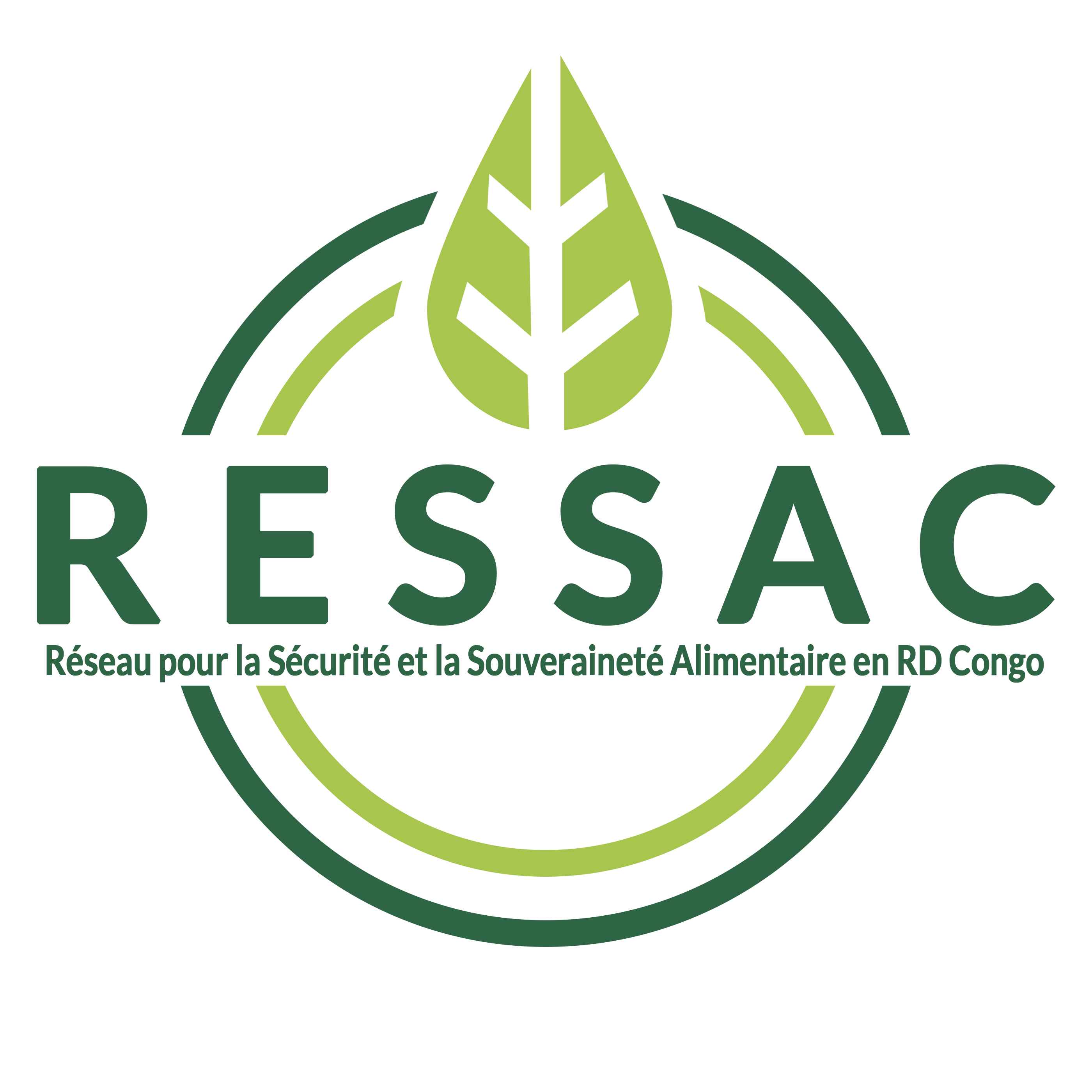YILNAC Network Supports AFSA Statement on African Development Bank Dakar 2 Food Summit
Publié le 21/05/2023 - Catégorie: Générale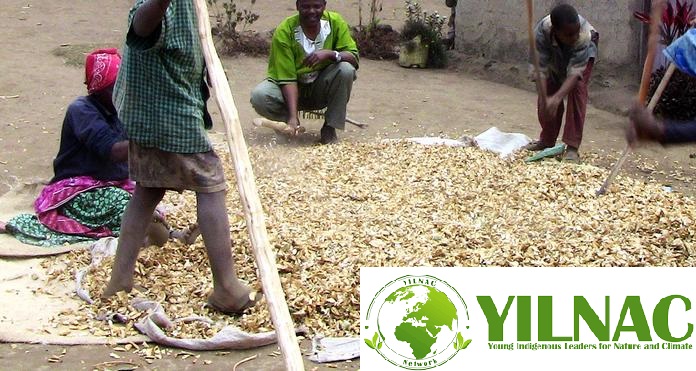
What are the solutions to "feed Africa?" Please read this important statement from the Alliance for Food Sovereignty in Africa (AFSA).
Groundswell International, through our network in West Africa, is an active member of AFSA, the largest civil society network on the continent.
Diversity, not false solutions, is key to achieving food sovereignty and resilience in Africa
As 34 heads of state and 70 ministers return home after three days of negotiations on the “food and agricultural supply pact” in Dakar, we reflect on the outcomes of the Dakar 2 Summit “Feeding Africa: Food Sovereignty and resilience”.
We subscribe wholeheartedly to the commitment to free Africa from hunger and to the common will for Africa to feed itself with dignity and pride.
We celebrate the increased investment and renewed commitment by governments to allocate 10% of public spending to agriculture.
We applaud the resolve to escape the shame of dependence on food imports and donations
We share the recognition of the need and benefits of youth engagement in agriculture and the appreciation of the fundamental role of women in food production.
We recognize the dynamic catalytic role of the African Development Bank in mobilizing such support and enthusiasm from African governments.
However, we have serious concerns:
Any significant increase in African land devoted to agriculture will undermine human rights. Wherever large-scale land acquisitions occur, we see failure to secure community consent, lack of compensation, forced evictions of indigenous people, loss of women's access to productive land, deforestation , biodiversity loss and land degradation.
The focus on two cereals – wheat and maize – is a rejection of Africa's vast catalog of nutritious indigenous crops and landraces. Resilience comes from diversity – in crops, food sources, soil amendments and supply chains.
The failure of government leaders to see beyond the colonial narrative that African agriculture can only be modernized by adopting northern practices. Africa has its own resources and know-how to produce healthy food using efficient, inexpensive and chemical-free inputs, sustainably regenerating soils.
SO:
We reject continued reliance on colonial thinking – to increase production of staple crops using imported agricultural inputs, chemical fertilizers, pesticides, and hybrid and GMO seeds. Food sovereignty is the absence of external control. A country dependent on imported fertilizers has lost its sovereignty as much as a country that depends on food imports or donations.
We reject the tendency to hand over African agriculture and food to multinational corporations by ignoring the positive attributes of the continent (number of farmers, youth and arable land). Africa should not copy the mistakes of others, but rather bring a new way of doing things.
We denounce the use of a top-down public-private partnership approach to agricultural development. Where were the voices of African farmers and citizens at this food summit?
“This summit propagates the idea that African farmers are not producing enough food because they are not using enough chemical fertilizers,” said AFSA General Coordinator Million Belay. “The implication is that if we pump our farms with agrochemicals, we will grow more food. While this may serve as a short-term strategy, it ultimately means polluting the soil, making farmers dependent on external inputs , endangering the health of farmers and consumers, denying people their right to healthy, culturally appropriate and nutritious food, and increasing vulnerability to climate change.
Africa faces the triple burden of malnutrition: hunger, micronutrient deficiencies and obesity/non-communicable diseases. Zambia showed us the failure of hybrid monocultures, which produced consecutive surpluses of maize and yet became the most undernourished country in Africa, with 40% of young children stunted. In South Africa, the continent's most industrialized country, GM maize is the staple food and fast food is the urban norm. Today, half of all adults are overweight (23%) or obese (27%), and non-communicable diseases like diabetes cause life-altering illnesses, disability and premature death.
The authentic African solution is a commitment to agroecology and food sovereignty – the right to healthy, culturally appropriate food produced through environmentally sound and sustainable methods and the right to define one's own food and agricultural systems.
Ferdinand Wafula, Kenyan farmer leader, insisted in his plea: "We urge policy makers, governments and donors to provide more funding for agroecology, which offers clear solutions to nutritional challenges, the climate crisis and food insecurity”.
AFSA calls on African governments and donors to redirect funding from failed “green revolution” approaches to proven agroecological alternatives. By bringing together generations of indigenous knowledge, farmer-driven, science-based innovations, and natural ecosystem processes, agroecological food systems can adapt and help solve the climate crisis. Farmers, pastoralists, fishers, indigenous peoples and local communities are using agroecology to sustainably manage their lands, produce nutritious foods that celebrate cultural heritage, and strengthen local markets and economies. So, together, we can feed Africa.
A la une
YILNAC Network: Launch of the Community Biodiversity Conservation Project by indigenous and local populations neighboring the Itombwe nature reserve in the Democratic Republic of Congo
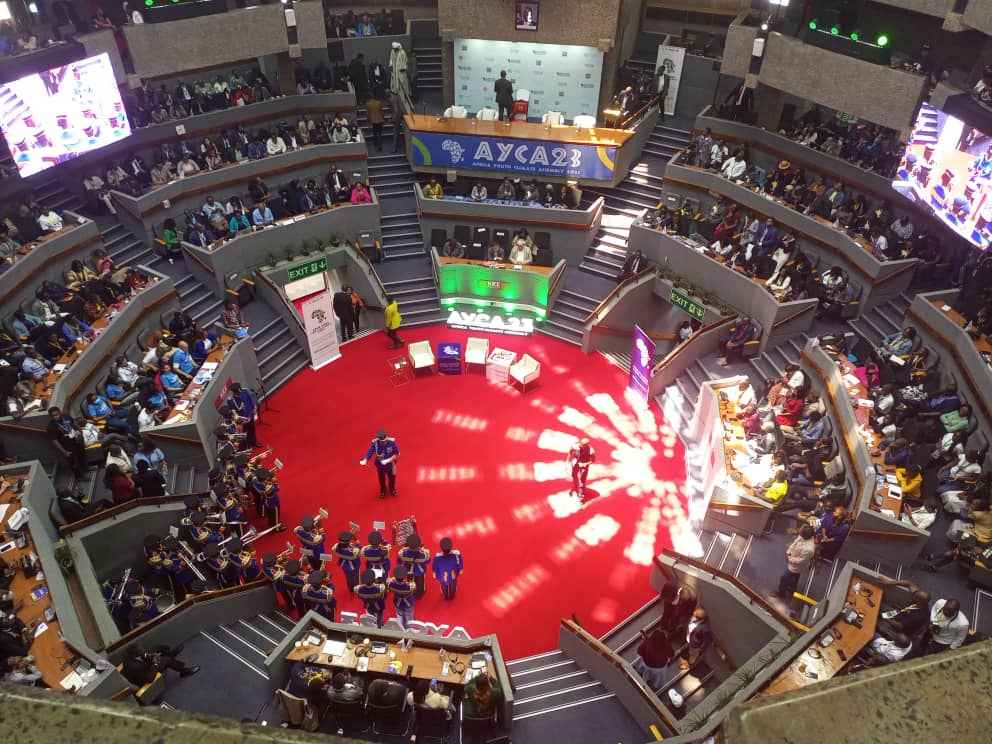
YILNAC Network: Distinguished participant and organization representing young indigenous leaders at AFRICA YOUTH CLIMATE ASSEMBLY (AYCA 2023) in Nairobi - Kenya
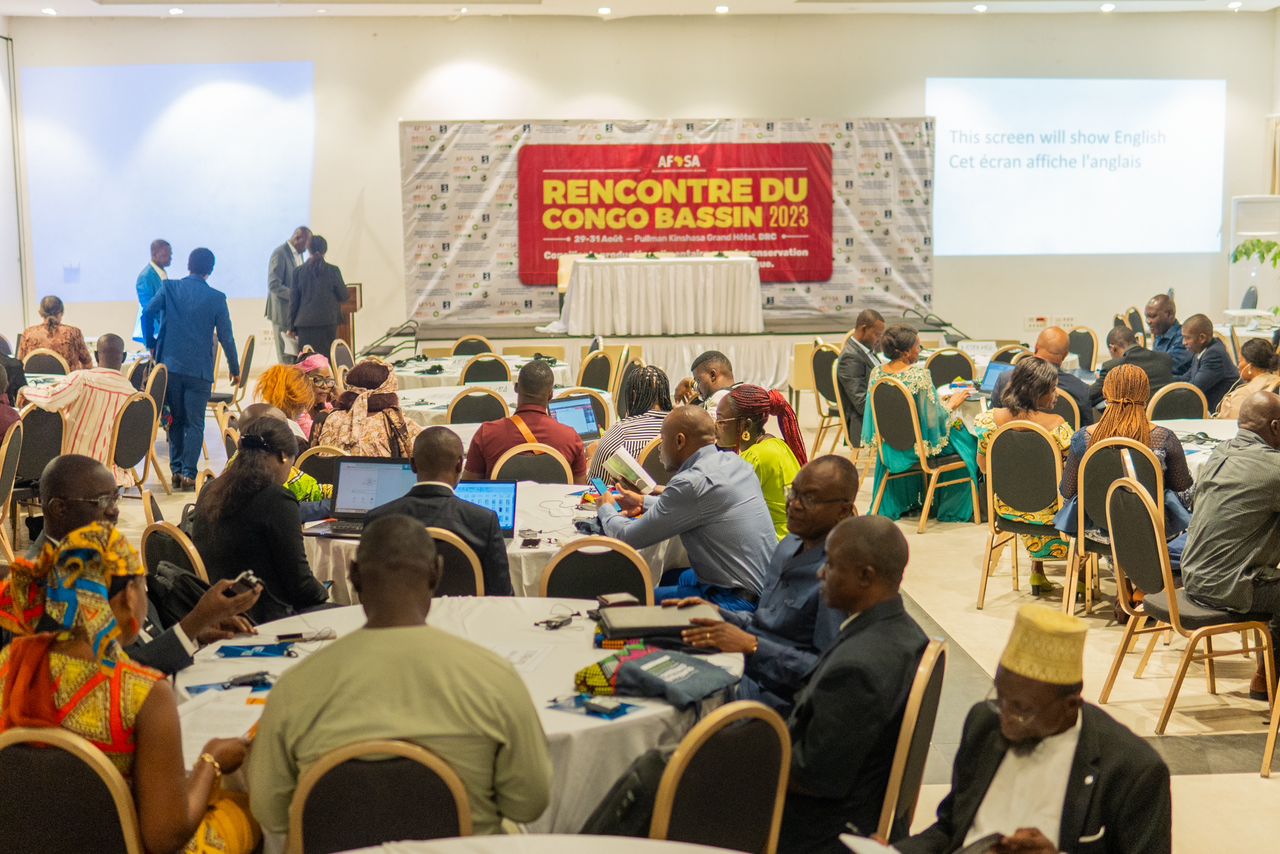
YILNAC Network : Participant au Sommet Régional sur le Changement Climatique, la Conservation de la Biodiversité et les systèmes alimentaires dans le Bassin du Congo 2023
YILNAC Network lance le Programme Agroécologique de Proximité pour renforcer la résilience des petits producteurs agricoles autochtones et locaux au changement climatique en République Démocratique du Congo
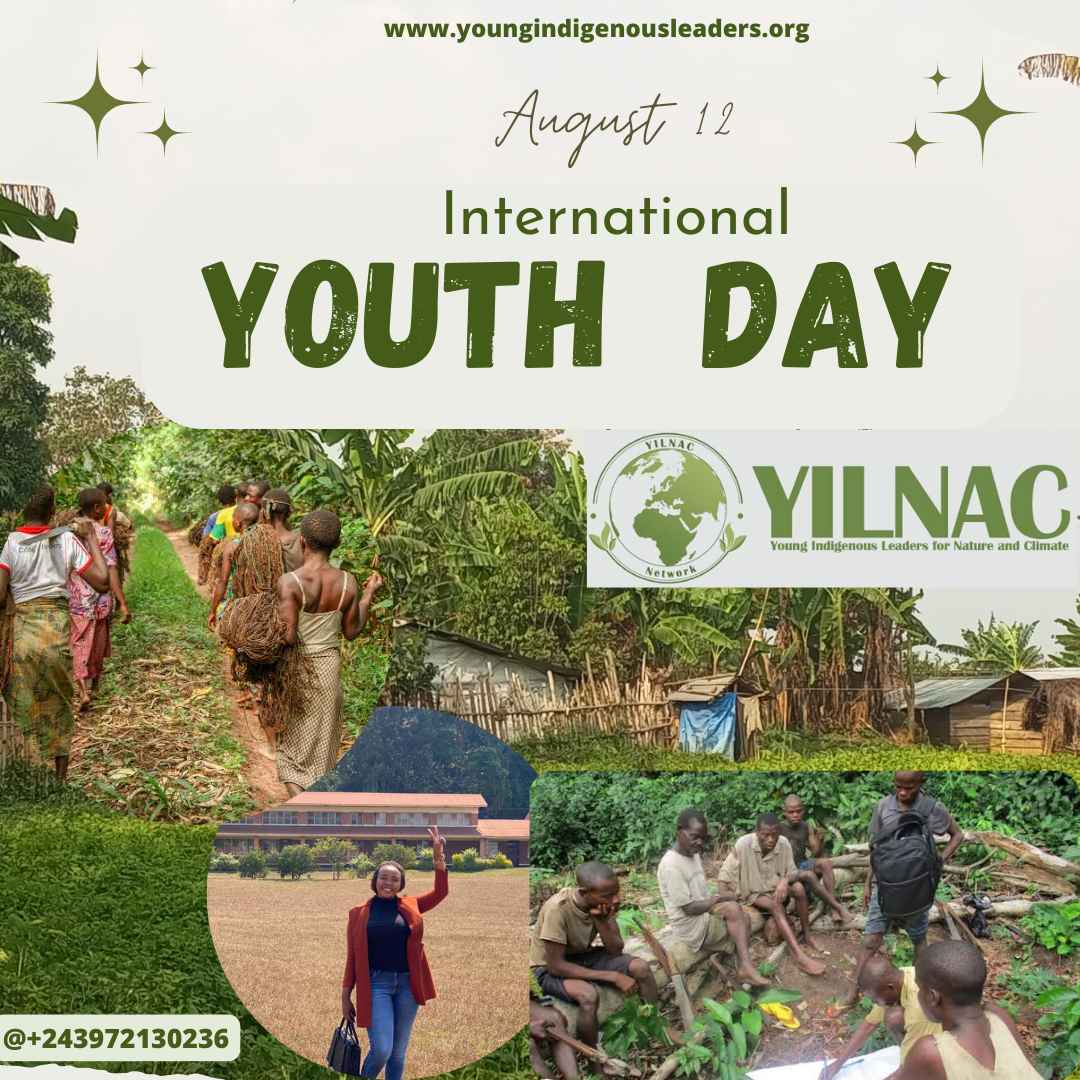
Message du Réseau YILNAC aux Jeunes à l’occasion de la Journée internationale de la Jeunesse, Célébrée ce 12 Août
